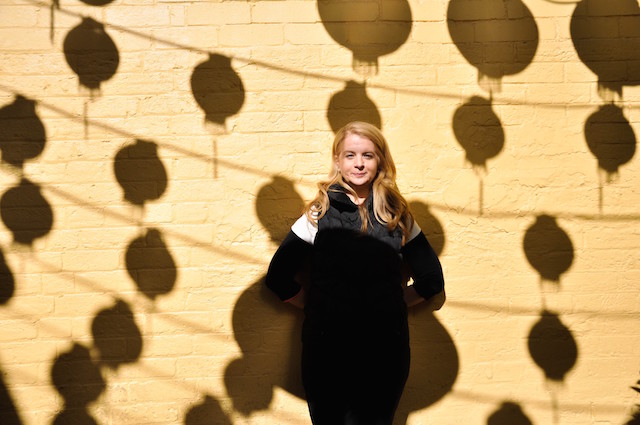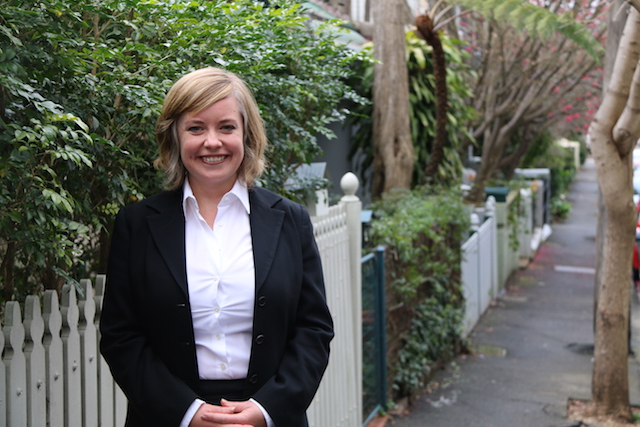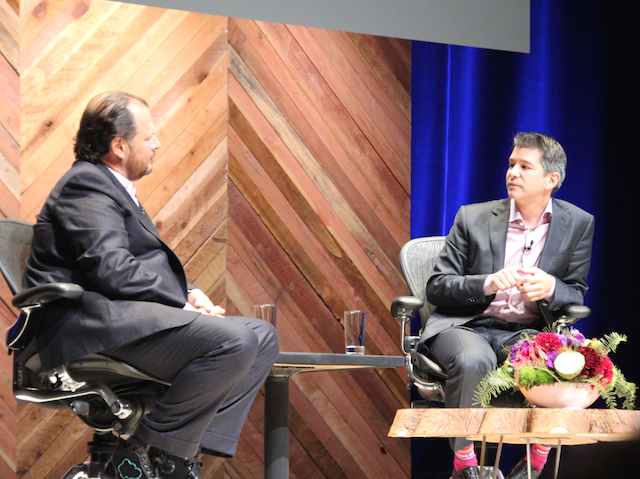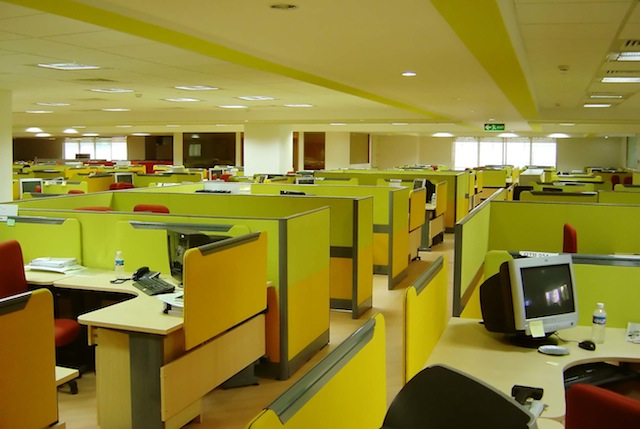In the second of our series on the tech policies of the Lord Mayoral candidates for the upcoming City of Sydney elections, we look at the policies of the Sydney Matters team, the independent business focused group.
Sydney Matters is led by Angela Vithoulkas, who’s operated a central Sydney coffee shop with her brother for 25 years. Angela, who is a friend of this writer, ran as a Lord Mayoral candidate in 2012 and won election as a councillor.
Angela’s team includes the founder and editor of Startup Daily, Mat Beeche, as well as Edward Mandla who was elected to council as a Liberal candidate but defected from the party earlier this year.
The Sydney Matters platform is the only one that has a specific tech policy which reflects both Angela’s and Mat’s backgrounds and interests in technology and how it affects the business sector.
What are your policies relating to encouraging tech startups?
As Lord Mayor I will work with Tech Sydney, Startup Aus, FinTech Australia and other key players. I would like to explore concepts like having a Chief Entrepreneur in Residence program at Town Hall – similar to what Advance Queensland recently announced.
What do you see as Sydney’s strengths in this sector?
“The People, in 2011 the startup scene we have in Sydney didn’t exist in the same way it does today – and it exists today because passionate people said I am going to change things.”
What are we not doing well at the moment?
“We are fragmented, we need closer connections – physical hubs where tech startups can collaborate, meet serendipitously, make it easier for them to do business with each other – proximity can be helped by the city looking at smarter real estate opportunities for the tech sector.”
What is Sydney doing well?
“The City of Sydney’s Tech StartUps action plan is a step in the right direction but we need to build on this and work in collaboration with other levels of Government to drive our tech startup industry forward.”
How do you see the City’s relations with state and Federal government affecting current efforts?
“To make inroads we all need to be on the same page and collaborating for the interest of the sector.”
Currently Victoria and Queensland are doing better at attracting businesses. Should we do anything to counter that and, if so, what?
“When I sat down with Mat Beeche who is on my ticket and asked that very same question, I was surprised by his answer – The stats show that NSW is actually performing a lot better than the media would have you believe.
“Sydney has attracted some huge tech companies to Sydney including data and analytics startup Qualtrics, valued at $1 billion that chose Sydney for its APAC operations.
“Fintech startup Acorns is in Sydney, HealthTech startup ClassPass is in Sydney, Dropbox chose Sydney, Market Research startup SurveyMonkey chose Sydney and most recently Social Media Snapchat chose Sydney to set up their sales operations office for the region.
“Our problem is that we perhaps are not being as vocal about the achievements of the NSW government who put in a lot of hard work behind the scenes to have these organisations choose our city as their destination of choice for expansion.
“What the City of Sydney needs to do is work closer with Macquarie street from a PR and Media perspective to change this perception.”
How can Sydney compete globally against cities like Singapore, Shanghai and even Wellington?
“By being more proactive and being an exemplar – Wellington does a great job of that.”
How does your tech industry policy fit in with other key Sydney employment sectors like the creative industries, financial services and education?
“Tech Startups sit across all industries including creative industries, financial services and education – so our policy is about them as well.”
Of the four candidates we interviewed, the Sydney Matters team probably has the most comprehensive tech strategy. It’s notable how they’ve paid attention to what other Australian cities – particularly Brisbane – have been cultivating their startup and tech communities.
Councillor Vithoulkas’ point about Sydney not marketing itself well is a fair point and that probably reflects more on the cultural differences between the harbour city and its interstate counterparts where Sydneysiders are far less likely to be cheerleaders for their cities than their Melbourne or Brisbane counterparts.
In many ways their strategy is not greatly different from existing council policy which in some ways is probably good for continuity for the business community.




